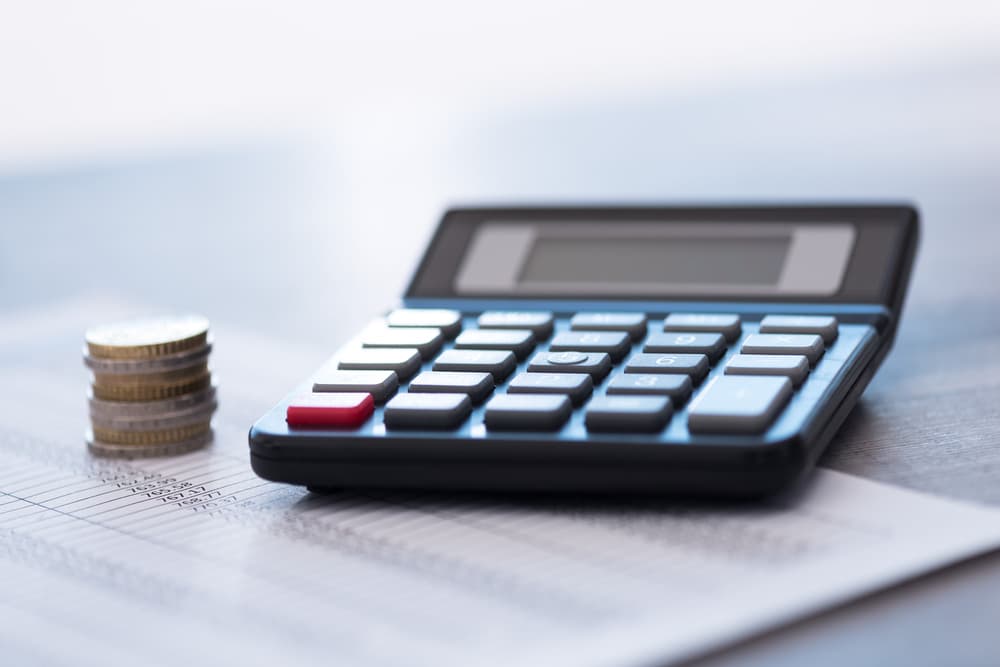Life expectancy in India is likely to rise from the current 70 years to 75 years by 2050, and to 82 years by the end of this century, according to UN estimates. This means that most people would have to provide for at least 15-20 years after they retire, given that the retirement age is around 60 in most professions. This shows that delaying retirement planning is not an option. If you invest early for benefit of compounding it helps a way lot in the latter years of life.
Also, starting early has several other advantages, including a larger corpus. Also, if you start early, the monthly investment required to build the desired corpus will be much smaller, because a longer term will give more time for the money to compound. Let’s delve deeper to understand how this works.
Also read: Investing In NPS? Here’s How to Check, Download NPS Statement
The Power Of Compounding
An early start will help you enjoy the benefit of compounding. However, people usually start planning for retirement in their mid or late career when earnings go up, or when they have completed other goals,such as buying a house or their children’s education, etc., have been met and they have money to spare. However, this robs them of the opportunities they could have had with an early start.
Abhijit Talukdar, a Securities and Exchange Board of India (Sebi) registered investment adviser (RIA) and founder of Attainix Consulting, says, “Planning as early as possible is crucial because it gives more time to your corpus to compound. It is a process in which the earnings from the invested money are reinvested to generate additional income. The earlier you start saving for retirement, the more time your money has to grow through compounding.”
Talukdar explains with an example: “Let’s assume you need Rs 50,000 per month during retirement. Your existing savings are nil, your planned retirement age is 60, your life expectancy is 85, inflation is 5 percent, your pre-retirement return is 12 percent, and the post-retirement return is 6 percent. With these assumptions, the money you will need to save every month for retirement, if your age is 25 will be Rs 10,776; if you are 35, Rs 22,726; if 45, then Rs 57,969; and if it is 55, you will need Rs 1,97,612.”
For instance, if you start investing for retirement at the age of 25 years, you will require a monthly investment of Rs 14,080 to meet the monthly expenditure equivalent to your current monthly expenditure of Rs 50,000 and assuming a growth rate of 12 percent in the pre-retirement phase and 6 percent post-retirement on the balance corpus. But keeping everything else constant, if you were to start investing at 35 years of age, the monthly investment required would almost double to Rs 25,453. Similarly, if you start at 45 years of age, your monthly investment towards retirement will again double to Rs 50,833. Note that the corpus required at the time of retirement for the youngest person in the example is the largest, factoring in inflation, and yet the monthly investment sum required is lower.
“With timely planning, you can align your financial resources with your retirement goals and make informed decisions about when to retire, ensuring a comfortable and secure future,” says Vikas Sharma, head of wealth management and private banking at IDFC FIRST Bank.
Second, if you start investing early, you will be able to take an aggressive strategy to investing.
Also Read: Why Is It Important To Start Planning For Retirement Early?




